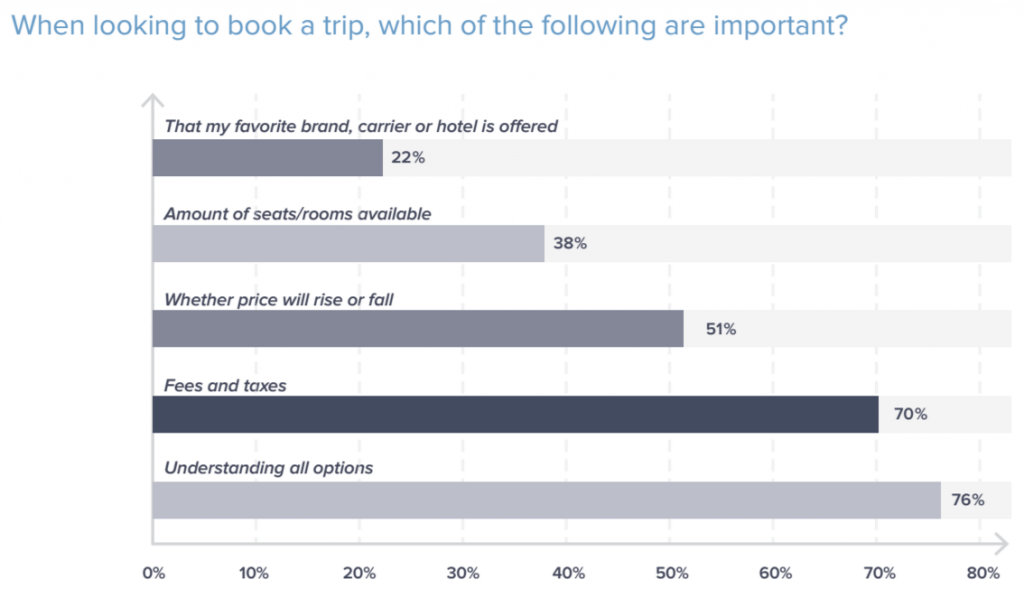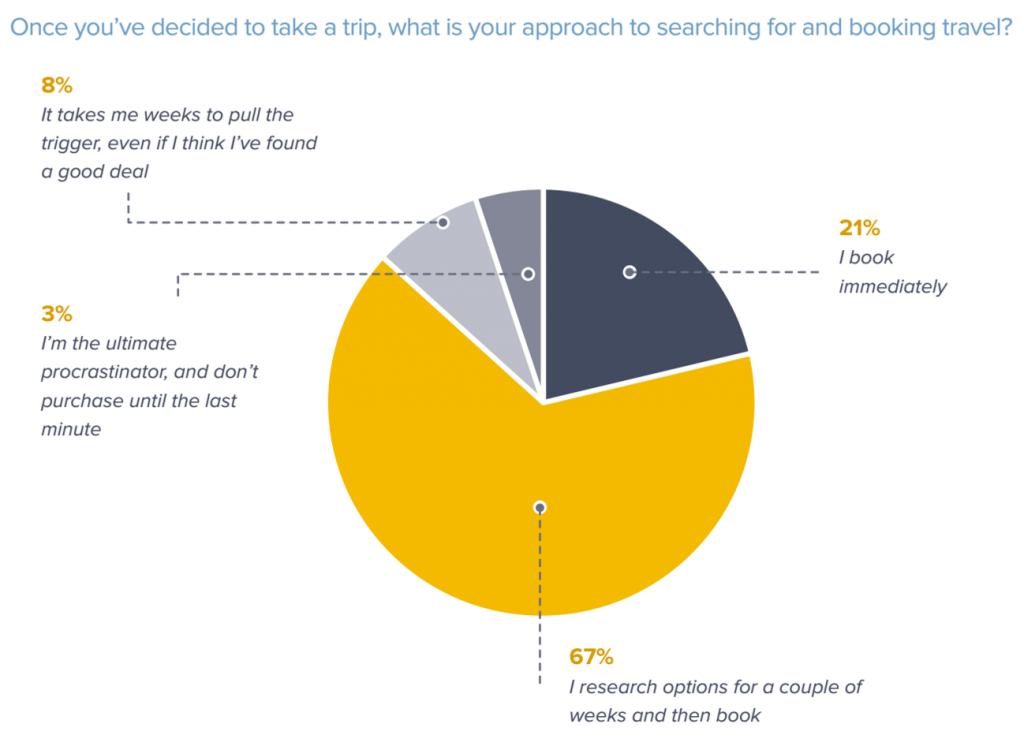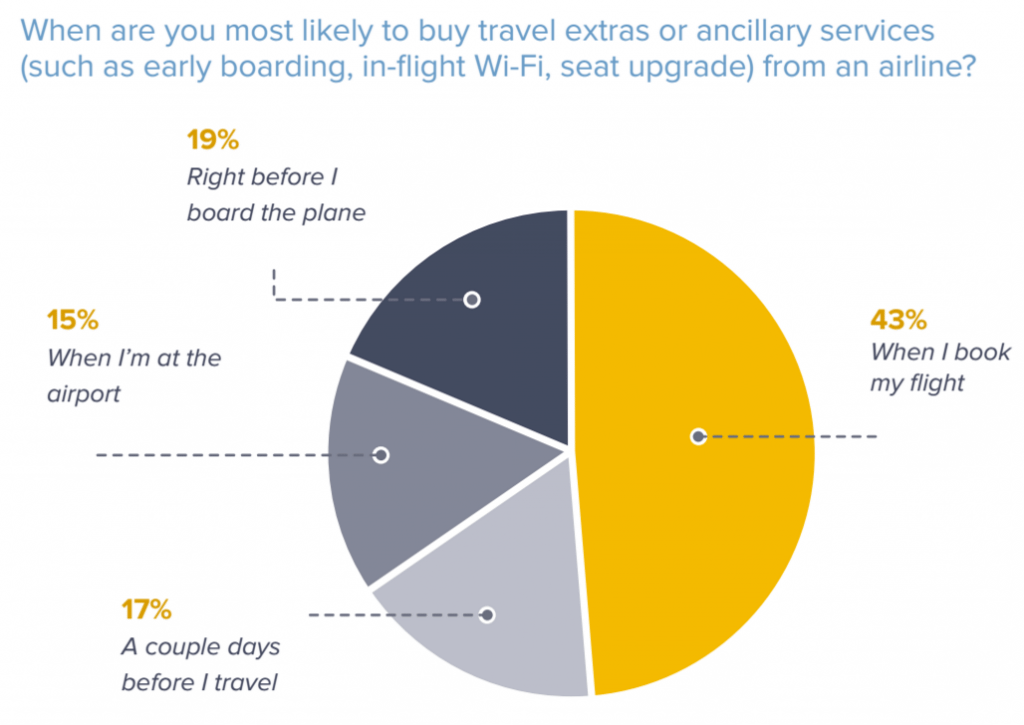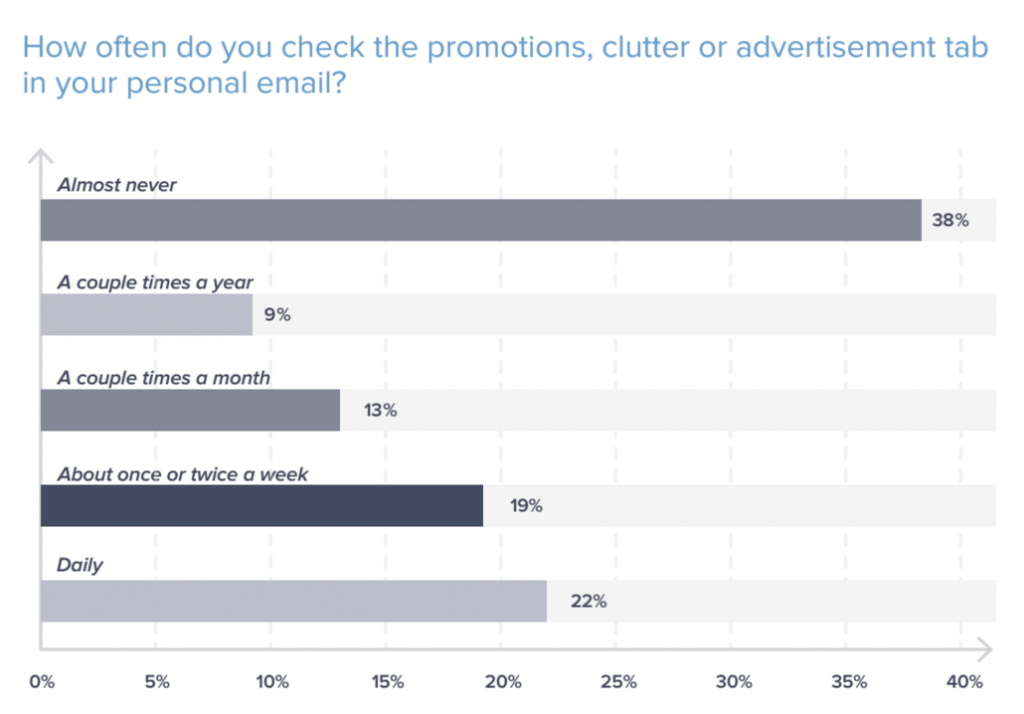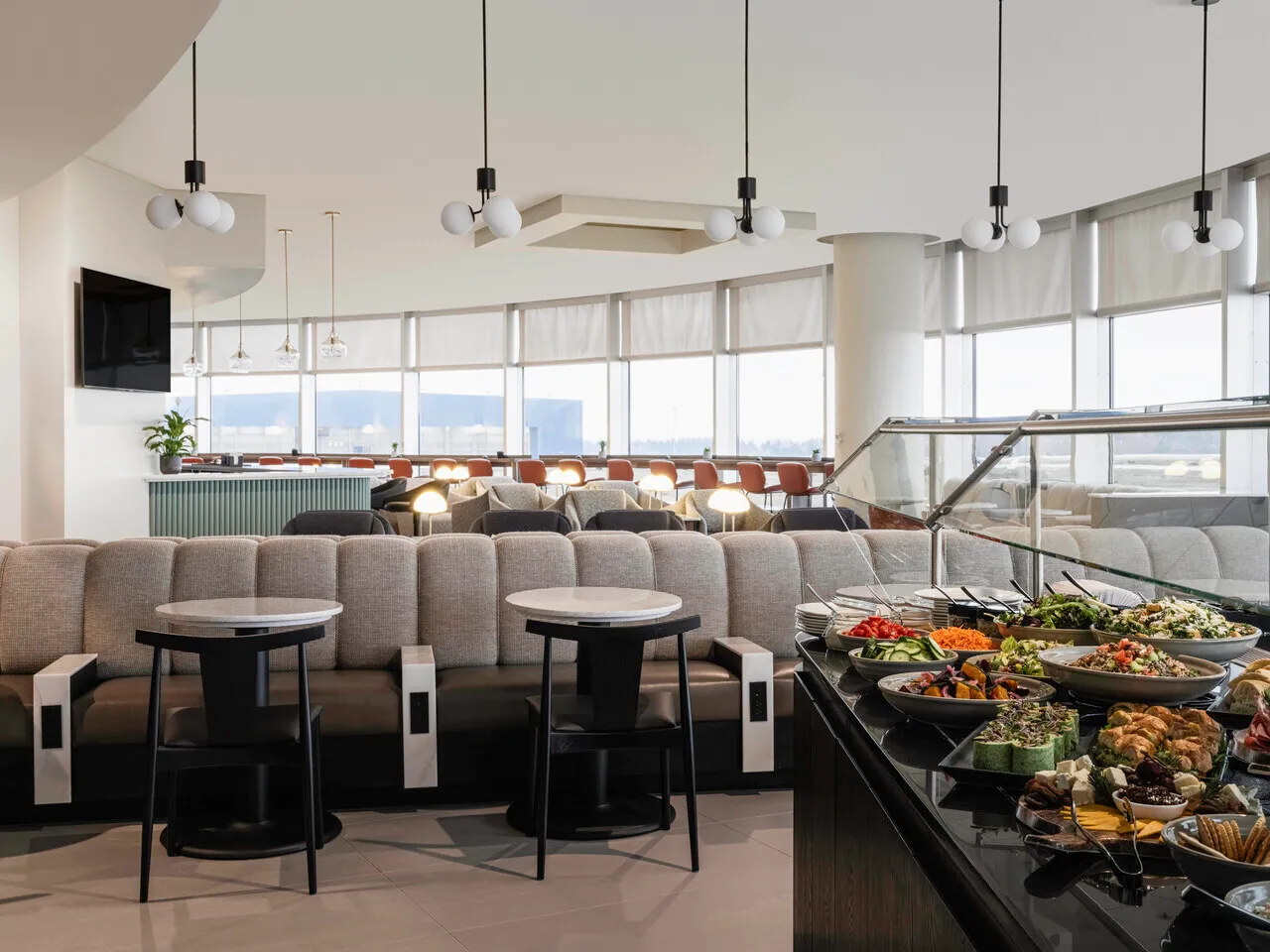4 Charts Showing Travelers' Big Concerns With Booking Trips
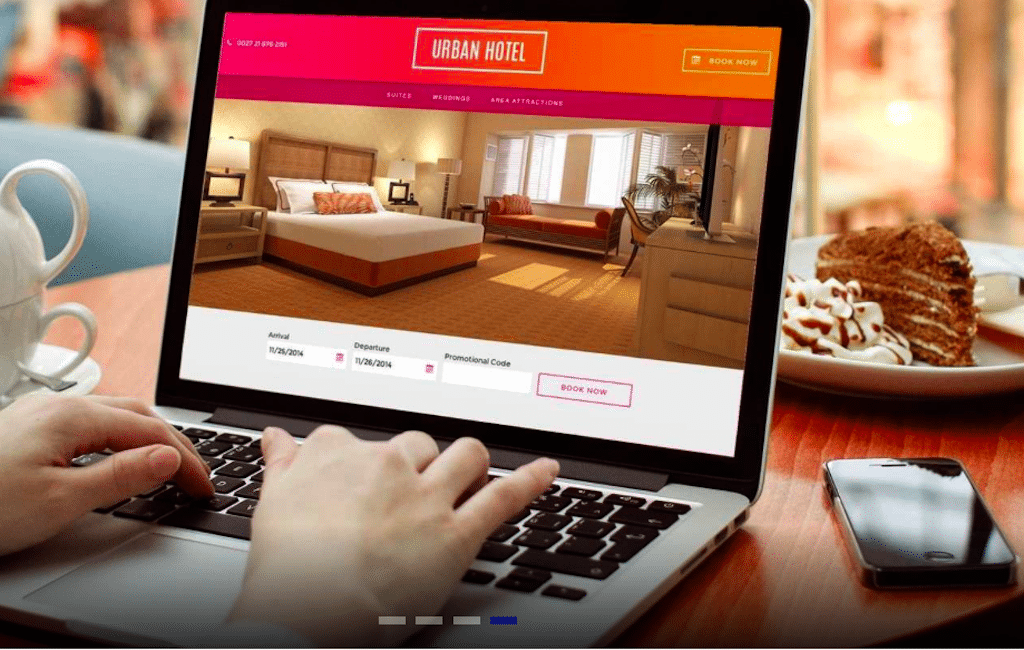
Skift Take
Forgoing brand loyalty and ignoring promotional emails are habits rooted in travelers' frustrations about finding the best price--and a new survey highlights the increasing level of cost consciousness pervasive in all sectors of travels.
Boxever, a travel data marketing and personalization company, surveyed 500 U.S. business and leisure travelers (400 leisure and 100 business) and found that "understanding all options" is more important to them than rising or falling prices and fees and taxes. Travelers want a holistic picture of what's available for them and that trumps sticking with a certain brand or what kind of room is available. Many are also confused and don't know which channels get them the best price. Brands say direct bookings bring deals but then travelers find lower prices through an online travel agency and vice versa.
Booking airline ancillary services such as early boarding and more leg room is one area of this contention. More than half of respondents said they book these services after they initially booked their flights, a combination of price consideration and seeing what incentives brands offer to buy them.
Travelers want brands to communicate with them but only if what they have to say is relevant to what travelers want to buy. Brands keep chanting about personalization and travelers say they want the right balance of that, but there's been more stalling than progress so far for both sides. Some 38 percent of respondents said they never look at their promotional inbox tabs because of irrelevant emails from travel brands (see chart below) and a previous Boxever survey found 40 percent of travelers are less likely to buy from companies that target them with irrelevant messages.
Chart 1: While brand loyalty is certainly eroding, and in some cases disappearing with millennials especially, it isn't entirely doomed. Many travelers would likely still want to see their favorite brand offered when booking travel but also want to understand all options available to them for cost and quality comparison. About 76 percent of respondents, the largest percentage, feel this way.
Chart 2: Booking a trip is a big deal for a lot of travelers and many don't do so without weighing all the choices. Travelers make dozens of searches in some cases until they're ready to book. Still, more than 20 percent of respondents said they book immediately as soon as they have a trip in mind.
Chart 3: Some 51 percent of respondents said they'd buy ancillary services such as seat upgrades and early boarding after they booked their flights. About 34 percent said they'd buy them at the airport or right before departure.
Chart 4: Travelers do check various inbox tabs but not as often as brands would like them to. Brand emails are often perceived as either spam or mass messages with little relevance to individual travelers, likely why 38 percent of respondents said they never check their tabbed inboxes.
Source: Boxever
